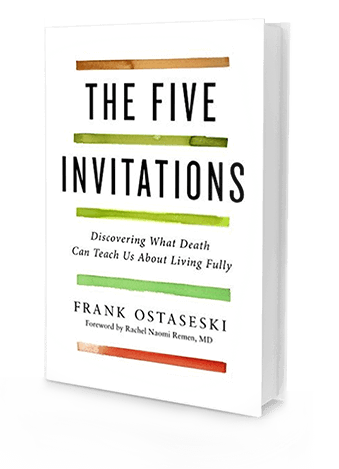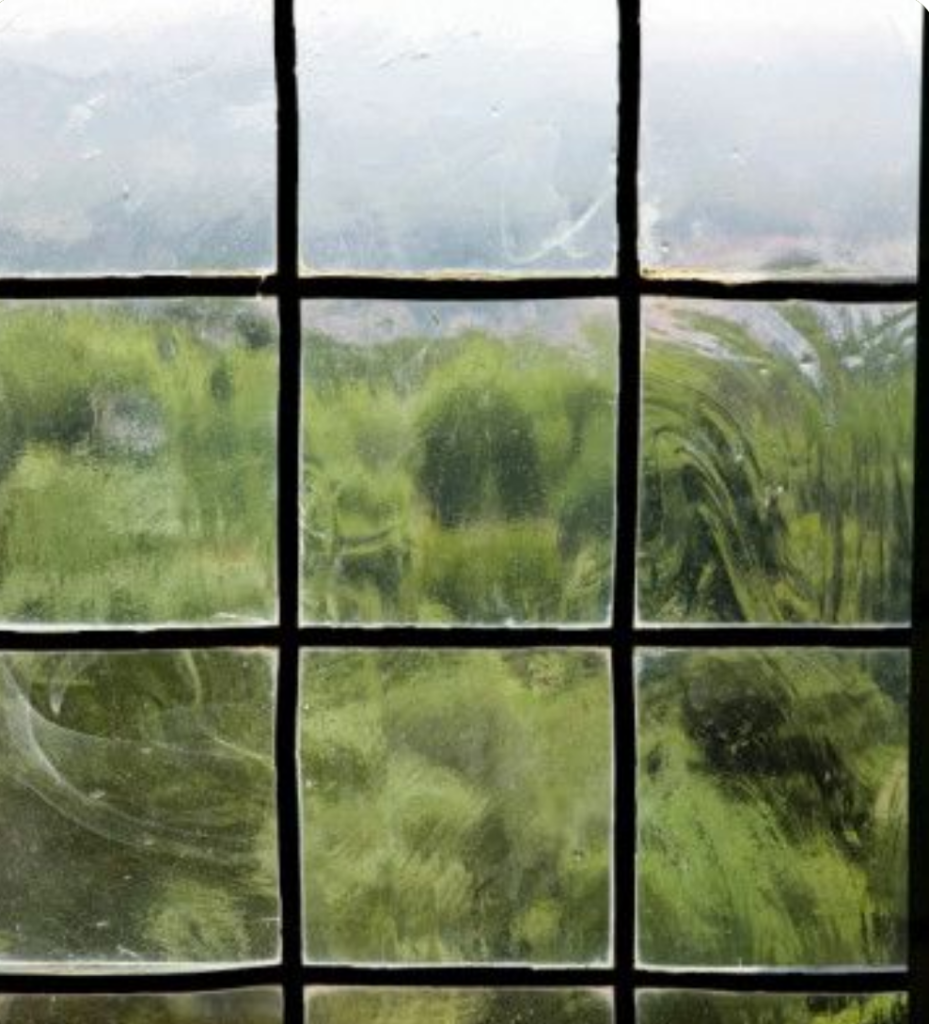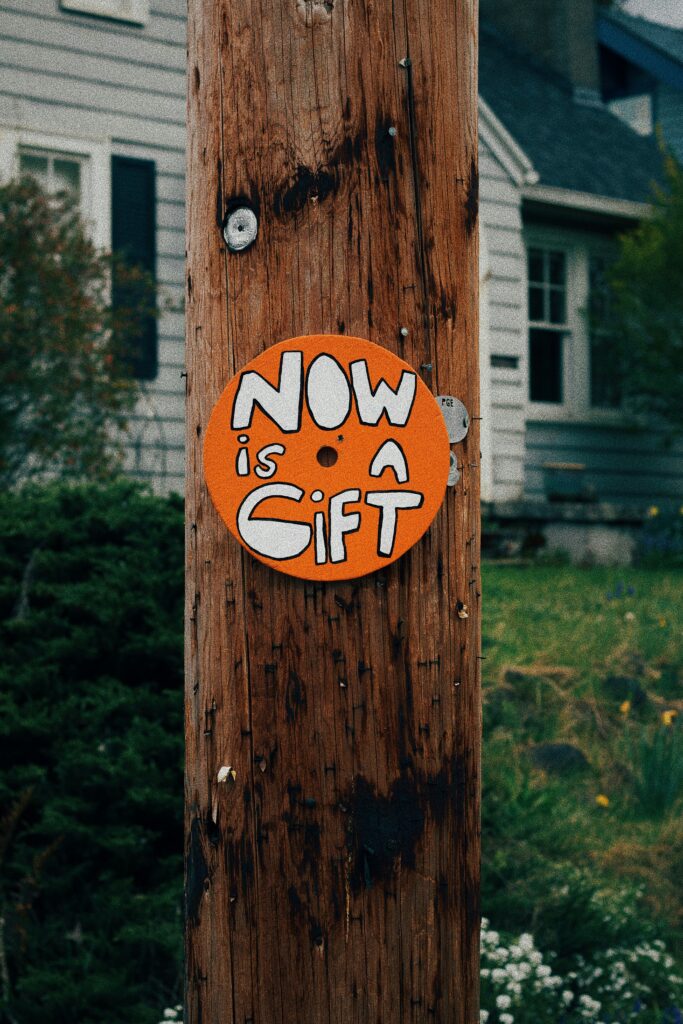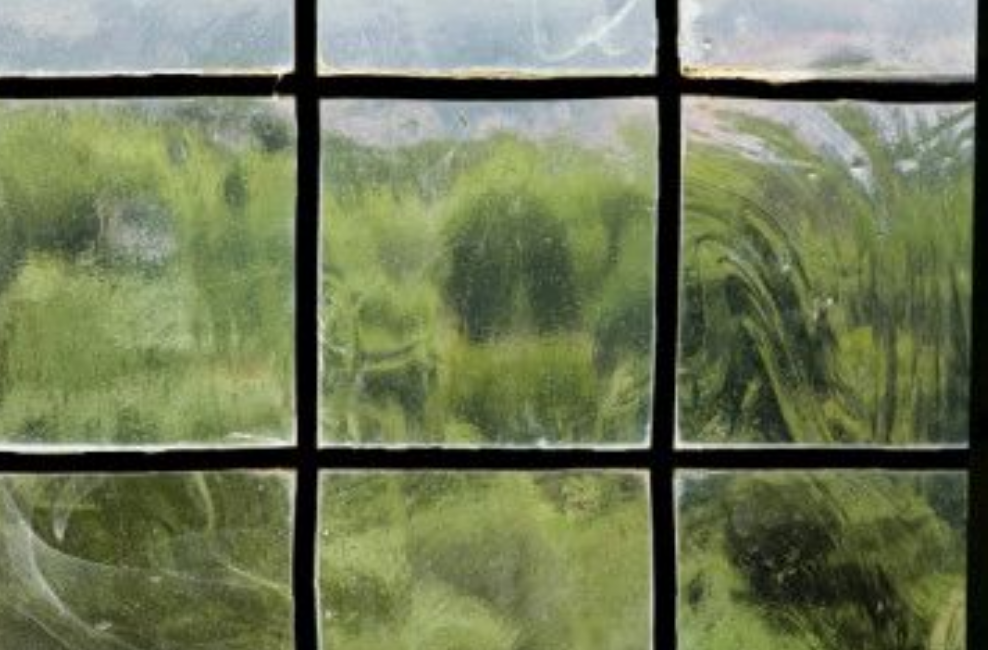First Unitarian Universalist Society Burlington
June 16, 2024

I have been reading, by which I mean listening, to the book, The Five Invitations: Discovering What Death Can Teach Us About Living Fully, by Frank Ostaseski, one of the co-founders of the Zen Hospice Project in the Bay Area. It’s a book that I had put off reading, the reason for which I couldn’t really tell you (or myself).
The author narrates the audio version, for which I am thankful, because he’s got a voice that I find soothing, even as the material about which he speaks – mortality, death, dying – can be emotionally challenging.
There was a passage that as soon as I heard it, I wanted to share it with you and share it as part of today’s service. Here are Frank Ostaseski’s words:
It’s funny. We all pretty much agree that life is in constant flux. Yet we prefer to cling to the illusion that we ourselves or solid things, moving through a changing world – everything is changing except me, we tell ourselves.
We are mistaken.
We are not the small solid selves we have taken ourselves to be.We are not the accountant. Nor the school teacher. Nor the barista. Not the software engineer, not the writer nor the reader of this book. At least, not exactly as we imagined. Not separate and apart. We are in flux. We are made up of dancing elements. We are like everything else at once here ~ and disappearing.
He then goes on to tell a story about a 100-year-old farmhouse in which he used to live, likening we humans to the windows there:

The panes looked as solid as those of any window. I could knock on the glass and hear the bright sound of knuckles making contact. But upon closer inspection, it was apparent that the glass was thicker at the bottom of the frame than at the top. The glass is not entirely solid; it is fluid, subject to the force of gravity. Over many decades, the window, which appeared so rigid, so permanent, had been moving and changing, the glass settling in a downward direction. Our sense of self is as impermanent as that window glass; it has purpose, but it’s not solid.
Maybe that is why we humans, or maybe we Americans, but let’s say, for the sake of making a point, we humans, aren’t so great at saying intentional good-byes. They remind us that all is flux. That we, too, are flux. That we are impermanent. That we too, when the winds of change arrive as they always do, will be blown into a whole different state of being, perhaps wholly unrecognizable.
I fancy myself a practitioner of good-bye, by which I mean, when I am overly confident, I think that I am an expert, having taught scads of social service professionals how to approach the process of saying good-bye to clients, having trained as an end-of-life doula. When I am not over-confident, when I am humble and sometimes humbled, feeling fragile and not necessarily up to the task, then I lean on that part of the word “practitioner” that is at the forefront: practice. I am regularly practicing how to say goodbyes and how to do them, not perfectly, but do them well, with as much intention as I can muster.
Intention to be present to a mix of feelings, many of which are unpleasant, do not give us “warm fuzzy feelings.” Intention to not let my grief or disappointment cut me off from the world – the world that is in flux, the thing that I am losing, the thing that comes next.
Oh, so often I go tight, I go rigid, I contract. I am learning that even if that is the state or condition I go to, I do not need to stay there. I can soften. With practice, I can soften and surrender to all the painful parts of saying goodbye, of being in flux, of having some part of me that was one shape become, with age, another shape. I do not need to resist. And when I do, that resistance is, itself, impermanent. It too will pass.
Softening. Surrendering. Righting ourselves, not making ourselves rigid.

Did you know that cats have a righting reflex – it’s what comes into play when they fall from a height. A cat relaxes completely and in that softness, corrects its position during a fall, landing lightly ~ and most often, rightly ~ on the ground.
If that cat were to suddenly go tense, the landing might be problematic, even injurious. The Tao te Ching teaches that at every moment of our lives, we are always falling. Buddhist wisdom offers something similar: we die to each moment and until we stop breathing, have the opportunity to awake to each moment. It is as if falling is flux and flux is falling and we have a choice: live in a state of chronic tension and contraction, clinging to all sorts of things because they are familiar, or they made us once happy, or because we are uncertain of what is to come.
Or we can be like a cat.
In her poem, “Elegy,” the poet, Aracelis Girmay, asks
What to do with this knowledge that our living is not guaranteed?
And as if in answer to a poem written more than a hundred years after his death, the philosopher-poet, Rainer Maria Rilke answers:
Flare up like a flame and make big shadows […]
Let everything happen to you: beauty and terror.
Just keep going. No feeling is final.
…
Nearby is the country they call life.
You will know it by its seriousness.
Give me your hand.
This sermon is, more or less, a series of images and metaphors to tempt you to consider practicing how to say goodbye as you move through your sadness and uncertainty; to invite you to go with the flux and flow; to find a righting reflex within you that allows you to soften to the change that is inherent to life and inherent to the life of a congregation. In that spirit, I want to leave you with one final image, from the same source with which I started this reflection – The Five Invitations by Frank Ostaseski.
The second invitation is “Welcome Everything, Push Away Nothing.” In that section, he tells a story in which he is teaching on the wisdom of turning towards hard things, rather than away. One of the participants in the workshop listens and then says, “It’s like a telephone pole.” Frank inquired, for he had no idea how turning towards hard things was like a telephone pole, but he was genuinely curious.

The participant said that he was a telephone linesman. And when he first started learning how to install telephone poles – those tall, heavy, wooden poles – he learned there was a point at which, once they got the pole standing, where there was a very real danger that before it was sunk into the ground, that it could fall. If it fell on you, it could break your back. The participant was paired with a more experienced linesman and, in his greenness, the participant told his mentor, “If that pole starts to fall, I am running fast and far.”
To which the experienced linesman said, “No, that’s the most dangerous thing you can do. You have to get as close as possible to the pole – get up close and personal – hug it, even. That’s the safest thing to do.”
~~~
So here we are – getting up close and personal to a goodbye to someone we have come to love. Here we are, practicing how to be cats – softening to this goodbye, rather than tensing up. Here we are, using our gifts to flare up like a flame in the face of impermanence, taking each other by the metaphorical and actual hand in this country they call life. Here we are, practicing being dandelions, not wanting things to remain the same and stay whole, but letting go and opening to the potential found in transformation, the possibility found in risking becoming something new, something next.


Hi – I’ve just read your sermon since I was not there last Sunday. Do you know the book Learning to Fall by Philip Simmons? It’s a wonderful book, written while he was dealing with illness and impending death. You probably already know it. Your words and the quote about falling brought it to mind. Julia Blake (1st UU member)
What a great connection you’ve made, Julia. I absolutely LOVE that book – and read much of it before learning that he was a UU himself. What a powerful book it is! Thanks for reminding me of it. ~ Karen